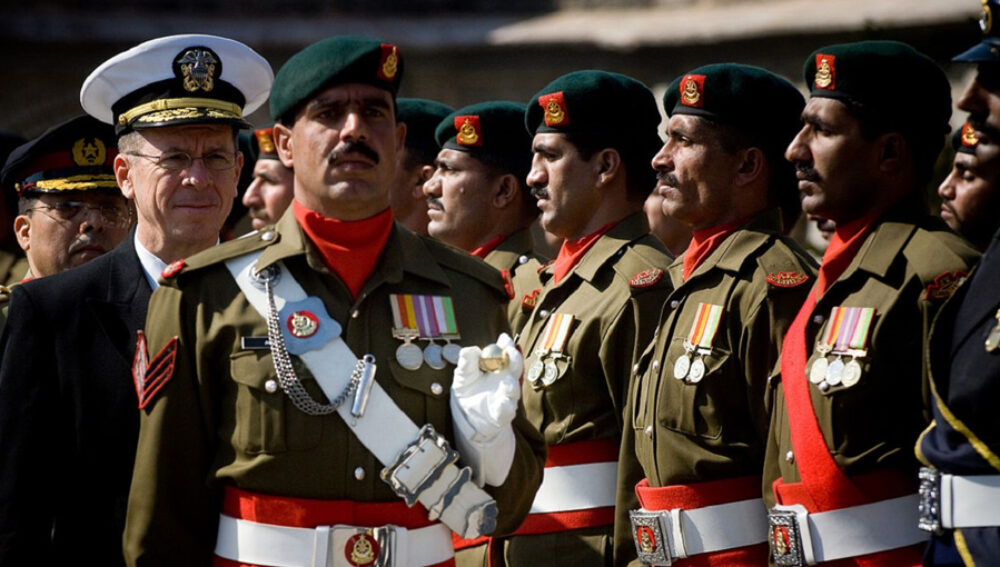For incoming US presidents, the alliance with Pakistan can seem to be a poisoned chalice. Does Trump’s 3am promise of “No More!” mean real change for this high-stakes troubled relationship?
As Donald Trump entered into his second year of presidency last week, South Asian geopolitics has emerged as a major challenge for the administration. Tensions were triggered most recently by a 3 am tweet by Trump reprimanding Pakistan over its non-compliance in purging the Haqqani network. Together with the subsequent decision to suspend USD$200 million (AUD$250 million) of aid to Pakistan, this symbolises the enduring complexities of harmonising divergent strategic interests. Earlier, outlining his South Asia policy, Trump had also warned, “We can no longer be silent about Pakistan’s safe havens for terrorist organisations, the Taliban, and other groups that pose a threat to the region and beyond”.
The US-Pakistan tension cannot be viewed in isolation. India’s deepening presence in Afghanistan and increased pressure along the Line of Control, Trump’s recognition of Jerusalem as Israel’s capital, and Benjamin Netanyahu’s six-day state visit to New Delhi to discuss defence cooperation, counter-terrorism and state-sponsored terrorism have all played a role. As much New Delhi would like to dehyphenate the United States’ India-Pakistan policy, the India-Pakistan conflict does influence US policies on South Asia, as much US-India cooperation impacts the US-Pakistan relationship. Therefore, the nosediving US-Pakistan alliance has a larger context. Historically, the US-Pakistan relationship has functioned as a transactional or fair-weather cooperation over Afghanistan, but this is now a source of conflict.
Please click here to read the full “Trump’s Pakistan challenge” article published at the Australian Outlook, written by Griffith Asia Institute Adjunct Fellow – India Program, Dr Ashutosh Misra.








